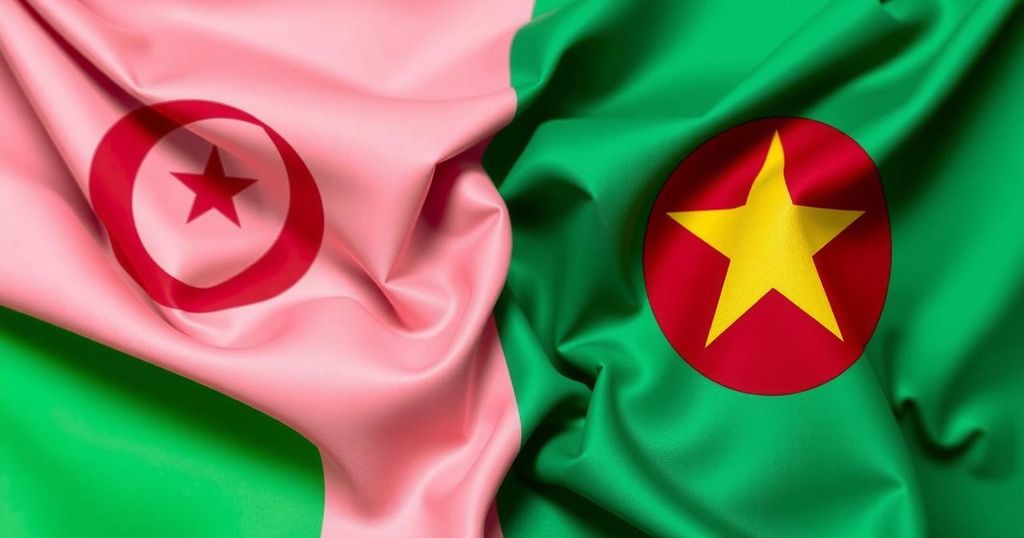Somaliland’s government dismisses the recent agreement between Somalia and Ethiopia as unrelated to its own affairs, emphasizing an internal focus. The Ankara agreement aims to mend relations between Somalia and Ethiopia without infringing on Somaliland’s interests, as voiced by officials from the Waddani party.
The current administration in Somaliland has expressed indifference regarding the recent diplomatic agreement between Somalia and Ethiopia, signed in Ankara. Officials assert that their primary focus rests on internal matters pertinent to Somaliland. This diplomatic accord signifies a renewed commitment to cooperative relations between Somalia and Ethiopia following a period of tension triggered by a sea access memorandum of understanding (MoU) between Ethiopia and Somaliland. Chunke Erdogan, President of Turkey, facilitated negotiations that enabled both nations to establish a technical committee aimed at addressing Ethiopia’s needs while respecting Somalia’s territorial integrity.
Mr. Mohamed Farah Abdi, spokesman for Somaliland’s ruling Waddani party, stated, “The agreement in Ankara does not concern us. It is between two neighbours and we are Somaliland. It is fine and normal for two brotherly nations to engage, and agree. But it is of no relevance to us.” Moreover, before his recent electoral victory, Abdirahman Mohamed Abdullahi, known as Irro, mentioned the possibility of reviewing bilateral agreements with Ethiopia once his administration acquires comprehensive details. The former president, Muse Bihi Abdi, had previously criticized Somalia’s leadership for hindering Somaliland’s progress. While Somaliland continues to seek international recognition, Ethiopia has offered access to the Red Sea for strategic military and maritime developments.
The geopolitical dynamics between Somalia and Somaliland, especially in relation to Ethiopia, are complex and historically deeply rooted. Somaliland, while internationally regarded as part of Somalia, has sought independence and international recognition following its declaration of independence in 1991. The area has been significantly impacted by agreements involving neighboring Ethiopia, which has interests in securing maritime access. The latest Ankara agreement is viewed as a significant step towards easing tensions between Somalia and Ethiopia, particularly concerning resource access and sovereignty issues, notably involving Somaliland’s claims and interests.
In summary, the Somaliland administration has made it clear that the recent Ankara agreement between Somalia and Ethiopia holds no bearing on their region. While there is recognition of the diplomatic efforts between the two countries, Somaliland remains focused on its internal priorities and aspirations for recognition as an independent entity. The broader implications of these diplomatic developments will continue to unfold as regional interests are negotiated and navigated.
Original Source: www.garoweonline.com






